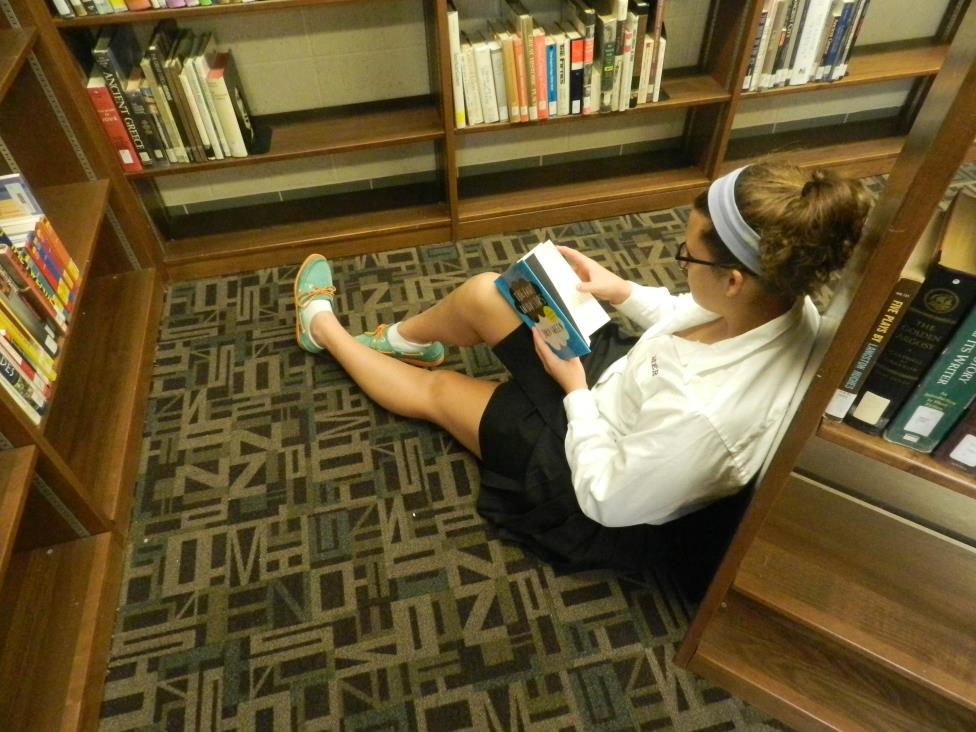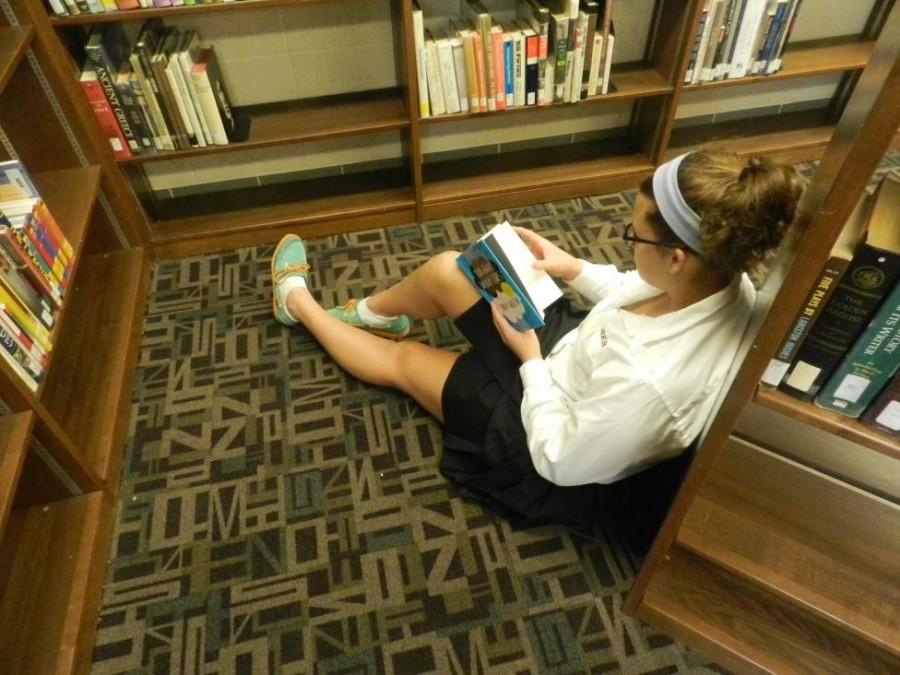We have all heard it over and over — the book is better than the movie. In fact, a unique kind of pain accompanies a poor adaptation of a book into a movie. The love readers have for books can go so far as to discourage them from seeing the movie, for fear that it will not live up to the book.

For example, Goran was disappointed about the City of Bones movie, noting flaws such as bad acting and imperative differences from the novel.
“It wasn’t true enough to the book,” said sophomore Hailey Goran, about the movie based on the first part of The Mortal Instruments trilogy by Cassandra Clare.
Freshman Emma Mason disagreed. She did, however, agree that books are generally better than movies.
“In movies they add more dramatic things, which takes away from details in the book,” said Mason.
Junior Denali Drake added that it is usually helpful for the movie, in terms of accuracy, when the author has some input with the director. That’s why she is excited for the upcoming movie The Fault in Our Stars, since author John Green is actively a part of production.
“I trust that John Green will make the movie as true to the book as possible,” she said. “He has a lot of influence in it and I trust he will make it as good as possible.”
But the director of a film should be free to put his or her own stamp on a story, Drake said.
“I also think the director should be able to put their own view into the movie, because they may be able to provide aspects that the book cannot,” said Drake.
Junior Emily Gates is one of many Mercy students who is extremely excited for The Fault in Our Stars to be made into a movie, and expects it to live up to high expectations of the novel’s fans.
“There is a definite relationship between the reader and characters, and with great books such as The Fault in Our Stars and The Mortal Instruments, you can easily feel like you’re in it,” said Gates. “When the movie is the visual aspect of it and it is not as true to the book as you want it, it is disappointing to say the least.”

